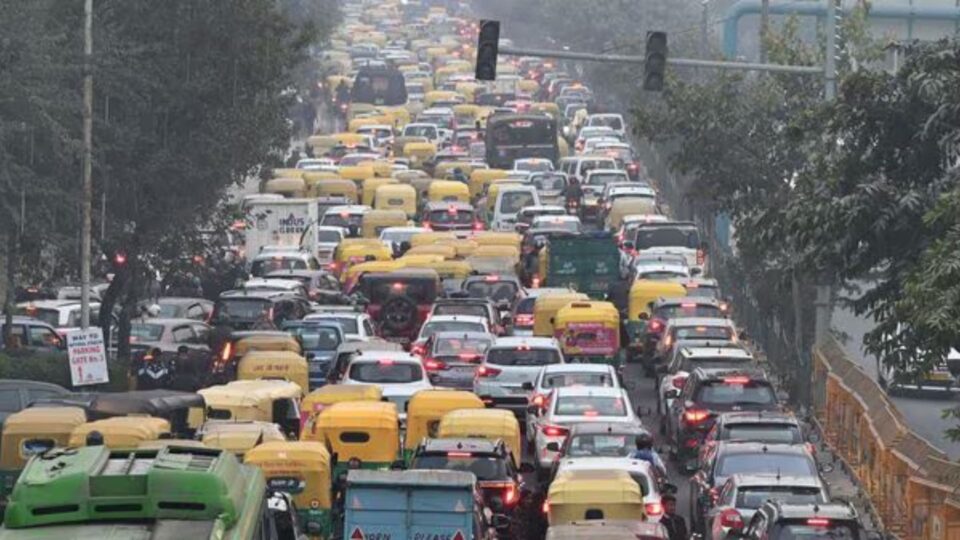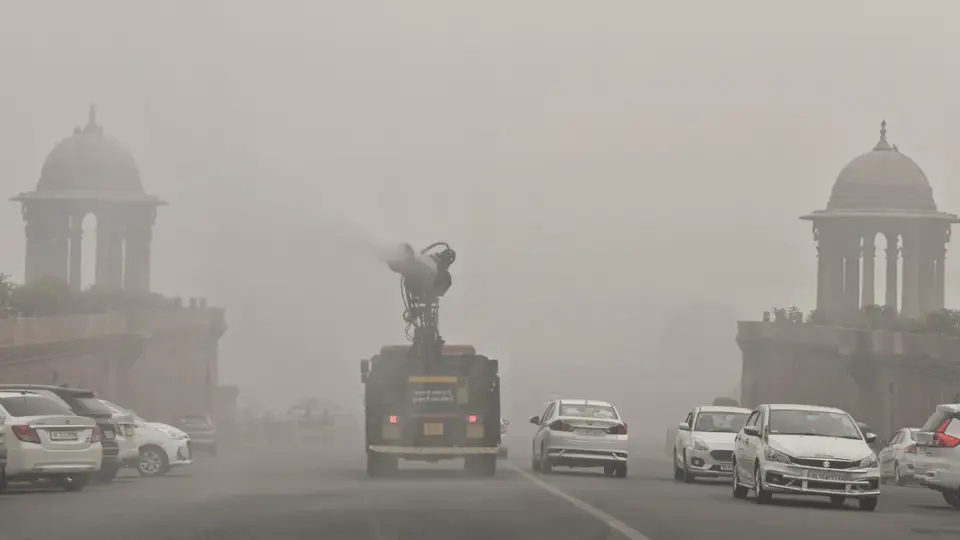
Kerala’s High Court Is Asking A Petitioner Why He/She Is Embarrassed By The Portrait Of Prime Minister Narendra Modi On His Or Her Immunization Certificate
Unless the petition has validity, the court will dismiss it since the petitioner is wasting judicial time. RTI activist Peter Myaliparampil made the request.
“Why are you embarrassed of our Prime Minister?” the Kerala High Court asked a petitioner who challenged the portrait of Prime Minister Narendra Modi attached to the COVID-19 immunisation certificates on Monday.
To put it another way, if the court finds no validity in the petitioner’s arguments, the petition is thrown out by the court. RTI activist Peter Myaliparampil made the request.
A single PV bench It was further stated by Kunhikrishnan that “he is our Prime Minister, not the Prime Minister of any other nation. We gave him the authority to rule. Due of political divisions, you can’t do much to change this. Why are you embarrassed by our Prime Minister? As far as I can tell, more than 100 million people don’t have a problem with this. Everyone’s political views are diverse. “You’re wasting the court’s time,” he said.
When the petitioner was a state-level master coach of the Jawaharlal Nehru Leadership Institute of New Delhi, the court pointed out that “you work at an Institute named after a Prime Minister. ” The university should be able to remove it for you.
“I will read over the petitioner’s pleas and determine whether there is any validity in the matter,” the bench remarked. If I don’t see any value in his arguments, then I’ll throw it away.”
After receiving his COVID-19 immunisation from a private facility, the petitioner obtained a certificate of vaccination.” “Medicine and strict controls (in Malayalam), together India will defeat COVID-19 (in English) with attribution to Prime Minister Narendra Modi” was the message on the certificate, which had the PM’s colour photograph on it.
“The national movement against COVID-19 is being transformed into a media campaign for the Prime Minister. ” Additionally, the petitioner attempted to get an immunisation certificate without the PM’s picture from the Central government but was turned down.
No political party leader should ever be used in government messaging or campaigns, especially if those campaigns are funded by the government.” According to the court’s ruling in People’s Union for Civil Liberties versus Union of India, the petitioner’s ability to exercise his or her right to vote is impacted by this.
Petitioners argued that the Supreme Court’s ruling in the Common Cause vs Union of India case said that no person can be credited for the start of an initiative or lauded for the accomplishments of a particular policy implemented by the state on government funds.



